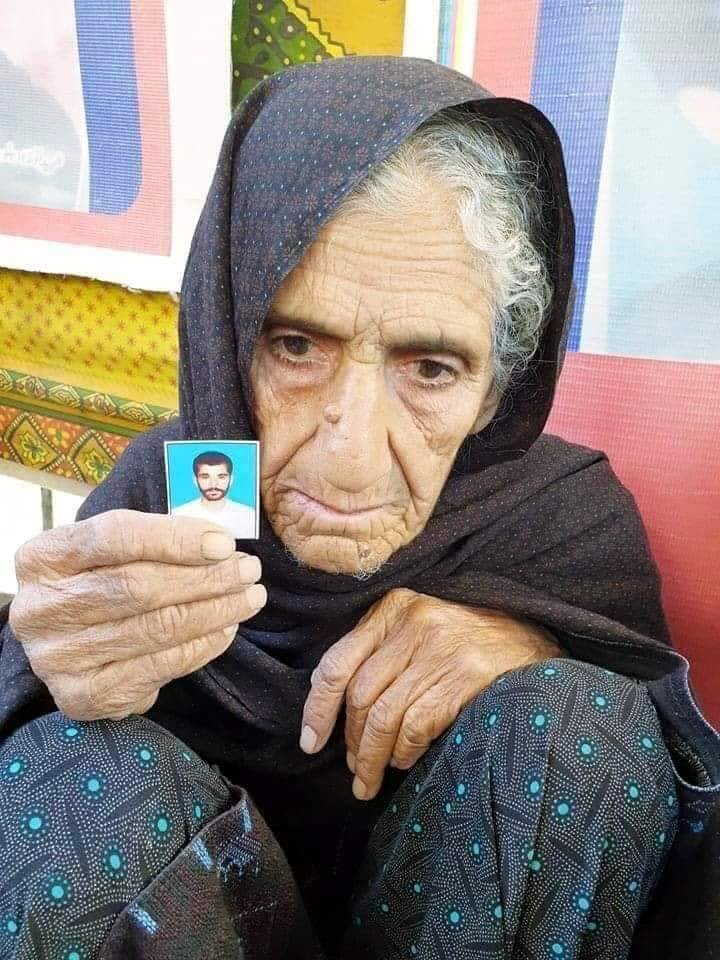A Baloch insurgent group has warned India that Iran’s 25-year mega-deal with China, can endanger New Delhi’s access to the strategic Chabahar port.
Slamming China and Iran together, a statement by Hyrbyair Marri, head of the Free Balochistan Movement (FBM) fumed that the Chinese state is now set to take over all sectors of the Iranian economy, including strategic ports along the Strait of Hormuz, following the $ 400 billion deal. The Strait of Hormuz is the gateway to Gulf oil shipments to the world, including the heart of Asia. In postings on social media, Marri said: “China will get cheap oil which is looted by the Iranian state from Arabistan Al Ahwaz. They will get access to Balochistan’s ports and China will be able to even lease islands and strategic land to assert hegemony over the Strait of Hormuz.
In referring to the Arabistan Al Ahwaz, the FBM head was pointing to a vast area extending from the Strait of Hormuz to the Iraqi border, where more than 10 million people reside. The mostly barren zone is extremely resource rich, containing the world’s second largest reserves of oil and gas.
Referring to China’s growing strategic reach, Marri also spotlighted Beijing’s forays in the contiguous region of Pakistan. “China has signed similar agreements with Pakistan, and they are trying to control Balochistan’s strategic Gwadar port and building a military base on the Jiwani peninsula.”
The statement warned India that once the deal between China and Iran takes root, India would not be able to protect its interests at the strategic Chabahar port, New Delhi’s gateway from Iran to Afghanistan and Central Asia.
“…India has pledged to invest a few billion dollars in Chabahar and few other projects. Chabahar is Baloch land, located in the coastal belt of Iranian occupied Balochistan (IOB). India is focusing on an area in IOB and thinking that it will protect their interests… (but with the) recent agreements between China and Iran, China will have enormous clout over the whole of Iran.”
Analysts, however, point out that while India is justified in being deeply concerned about Iran’s growing ties with China, it should also not jump to any final conclusions.
In a discussion programme with France 24, Bijan Khajehpour from Eurasian Nexus Partners points out that turning to China is not Iran’s default position. On the contrary, Tehran turned to China after the United States and the European Union retracted from their commitments anchored by the Iran nuclear deal of 2015.
“The United States withdrew from the deal and the Europeans really failed to deliver,” Khajehpour observed.
Yet, the Iranians will not be comfortable in putting all their eggs in the eastern basket, and there is likelihood of a reversal of stance, in case the Iran nuclear deal is revived.
Iranians know the “eastern powers will not give Iran the benefits that Iran expects…It is a difficult (situation) because there is lack of confidence in western states for delivering what they agree”.
Hoping for a reversal of Washington’s stance on the watch of the Joe Biden administration that will persuade it not to put all its eggs in Beijing’s basket, Iranian President welcomed early signs of US’s willingness to restart negotiation on the stalled nuclear deal. "Today, we see that the United States has woken up for negotiations, and we confirm that we are ready to resume our commitment to the nuclear program in exchange for the lifting of all sanctions," Rouhani said on Wednesday.
The Iranian leader stressed that Tehran wants to discuss all the unsettled issues.
"Today, the US declares readiness for direct or non-direct negotiations, and this is a victory of the Iranian people," the Iranian President observed.




















